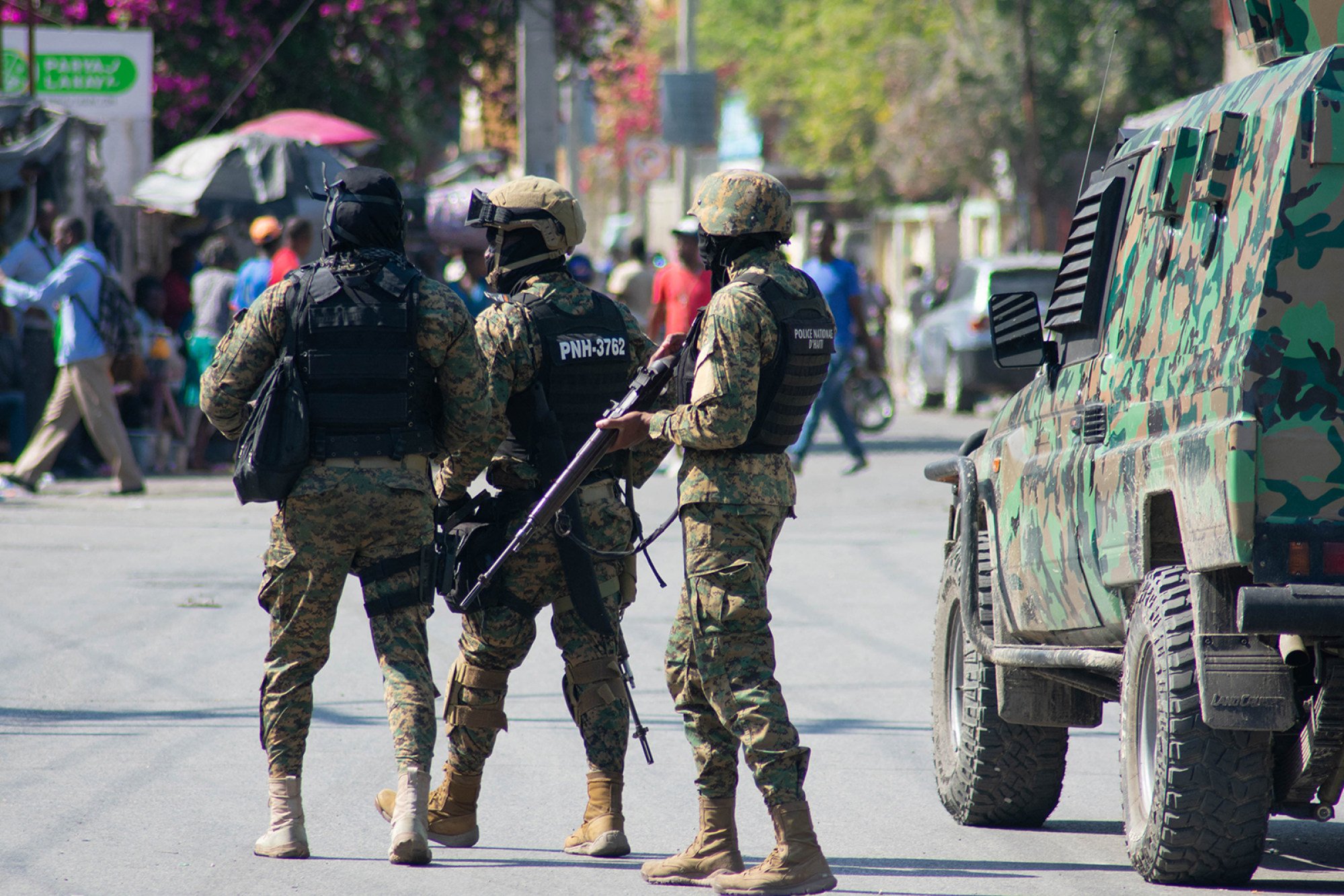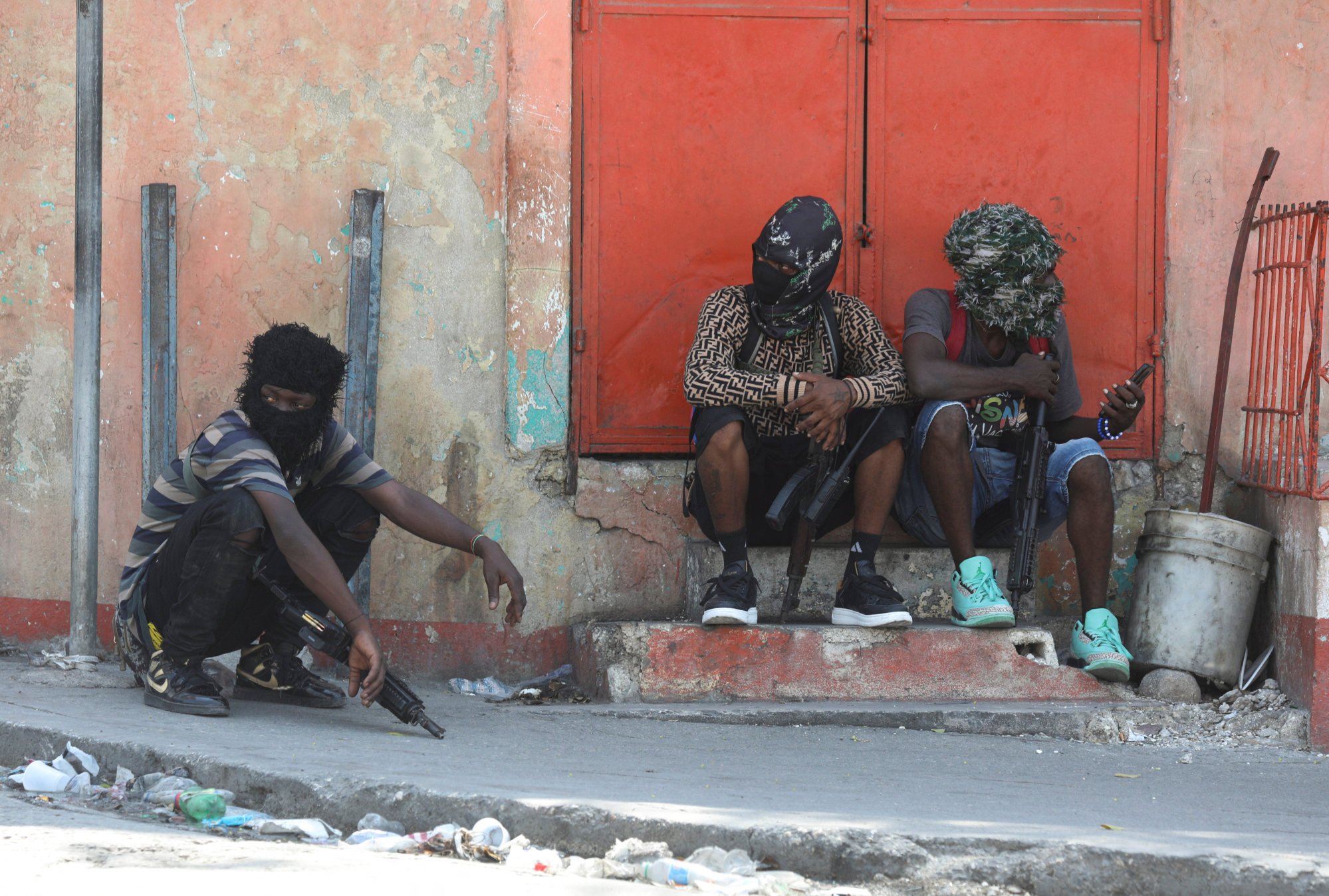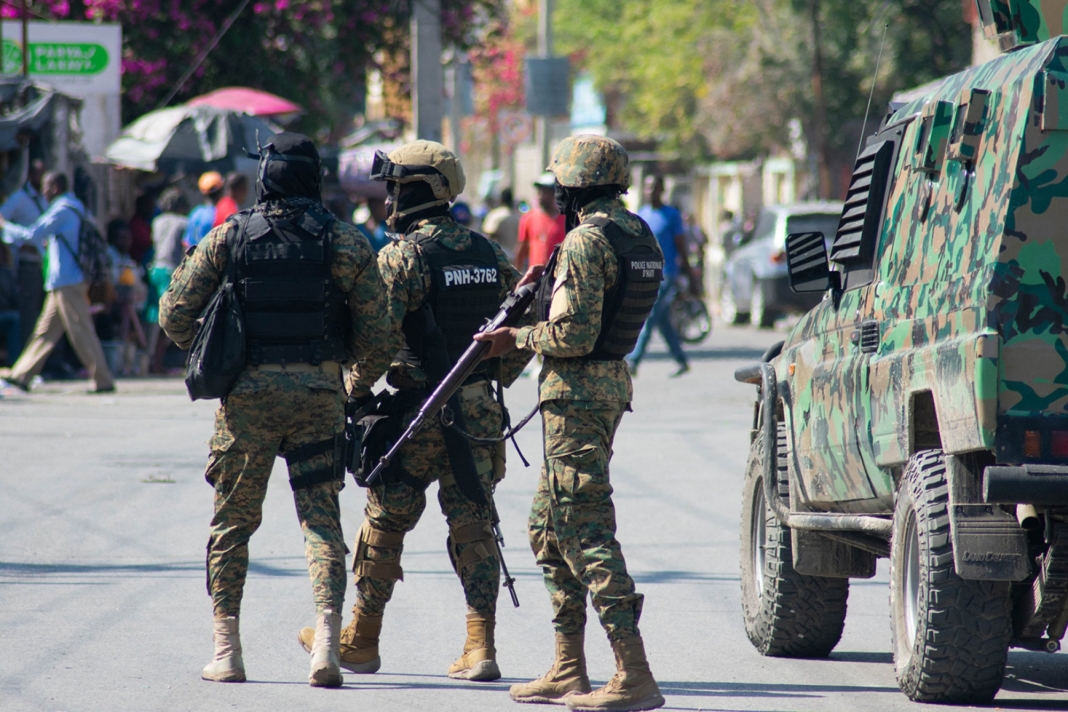Kenya is halting plans to deploy at least 1,000 police officers to Haiti following the unprecedented violence that erupted in the Caribbean nation and the announcement by its Prime Minister Ariel Henry that he would resign once a presidential council is created, a Kenyan official said on Tuesday.
Kenya had agreed last October to lead a UN-authorised international police force to Haiti, but the country’s top court in January ruled this was unconstitutional, in part because of a lack of reciprocal agreements on such deployments between the two countries.
Kenya’s President William Ruto said that he and Henry had witnessed the signing of the reciprocal agreements between Kenya and Haiti on March 1, clearing the path for the deployment.
Under the plan, the UN-backed multinational police led by Kenyan officers was to help quell gang violence that has long plagued Haiti.

But violence escalated sharply since February 29, with gunmen burning police stations, closing the main international airports and raiding the country’s two biggest prisons, releasing more than 4,000 inmates.
Scores have been killed, and more than 15,000 are homeless after fleeing neighbourhoods raided by gangs. Food and water are dwindling and the main port in the capital of Port-au-Prince remains closed, stranding dozens of containers with critical supplies.
Haiti PM agrees to resign, bowing to regional pressure to end crisis
Haiti PM agrees to resign, bowing to regional pressure to end crisis
After returning from a trip to Kenya where he had gone to salvage plans for the African country’s deployment, Henry has been locked out of his own country and has remained in Puerto Rico since last week.
“It is true the planned deployment of police officers has been put on hold,” Kenya’s Foreign Affairs Principal Secretary Koriri Sing’oei said on Tuesday.
“There has been a fundamental change in circumstances in Haiti as a result of the complete breakdown of law and order,” Sing’oei added.
Henry’s announcement Tuesday that he would resign once a transitional presidential council is created indicated he was bowing to international pressure to make way for new leadership in the country overwhelmed by violent gangs.
Henry spoke after Caribbean leaders and US Secretary of State Antony Blinken met in Jamaica to discuss a solution to Haiti’s spiralling crisis.
“The government I’m running will remove itself immediately after the installation of the council,” Henry said in a recorded statement.

Sing’oei said that without a clear administration in place in Haiti, there is no anchor for an international police force. Therefore, the Kenyan government will await the installation of a new authority in Haiti, before making further decisions on its deployment.
On Monday, Kenyan Interior Minister Kindiki Kithure said their officers selected to go to Haiti were ready and awaiting deployment after the top court’s requirement’s on bilateral agreements were met.
Critics of Henry, who was sworn in as prime minister nearly two weeks after the July 7, 2021, assassination of President Jovenel Moise, say he was never elected by the people or Parliament, which remains nonexistent after the terms of the last remaining senators expired in January 2023.
That has also left Haiti without a single elected official.
Additional reporting by Agence France-Presse
Source: scmp.com



